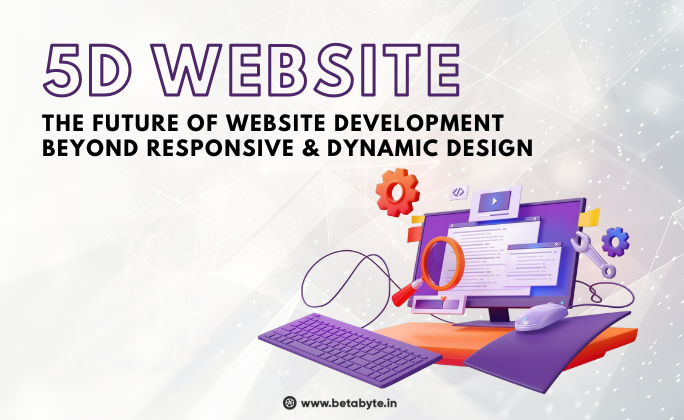Software Development
The Power of Data-Driving Smart Decisions in Software Development
 Published on
June 03, 2024
Published on
June 03, 2024

In today’s fast-paced digital landscape, the ability to make informed decisions swiftly is crucial for the success of any software development endeavor. Welcome to our blog, where we delve into the realm of data-driven decision making in software development and uncover its transformative potential.
Understanding Data-Driven Decision Making
Data-driven decision making is the process of making informed choices based on data analysis and interpretation rather than relying solely on intuition or gut feeling. In the context of software development, this approach involves leveraging data at every stage of the development lifecycle to drive strategic and tactical decisions.
The Role of Data in Software Development
From project planning and resource allocation to product testing and optimization, data plays a pivotal role in every aspect of software development:
1. Requirements Gathering: By analyzing user data, market trends, and competitor insights, software development teams can gain valuable insights into user needs and preferences, guiding the formulation of robust project requirements.
2. Resource Allocation: Data analytics enables teams to optimize resource allocation by identifying areas of inefficiency or overutilization, ensuring optimal utilization of time, budget, and manpower.
3. Quality Assurance: Through automated testing and real-time monitoring, teams can collect vast amounts of data on software performance, identifying bugs, glitches, and usability issues early in the development process.
4. User Experience Optimization: By analyzing user feedback, behavior metrics, and usage patterns, developers can continually refine and enhance the user experience, driving greater satisfaction and engagement.
Benefits of Data-Driven Decision Making
Embracing a data-driven approach in software development offers a myriad of benefits:
1. Enhanced Accuracy: Data-driven decisions are based on factual evidence rather than assumptions, resulting in more accurate and reliable outcomes.
2. Improved Efficiency: By streamlining processes and allocating resources more effectively, data-driven decision making can significantly enhance the efficiency of software development workflows.
3. Faster Time to Market: By identifying and addressing issues early in the development cycle, teams can accelerate the time to market for new software products and features.
4. Greater Innovation: Data insights can spark creativity and innovation, empowering teams to develop novel solutions and stay ahead of the competition.
Challenges and Considerations
While data-driven decision making offers immense potential, it is not without its challenges. Key considerations include:
1. Data Quality: Ensuring the accuracy, completeness, and reliability of data sources is essential for making informed decisions.
2. Privacy and Security: Safeguarding sensitive user data and ensuring compliance with data privacy regulations are paramount concerns in data-driven decision making.
3. Cultural Shift: Embracing a data-driven culture requires a mindset shift and organizational buy-in at all levels of the company.
Conclusion
In conclusion, data-driven decision making is a game-changer in software development, empowering teams to make smarter choices, drive innovation, and deliver exceptional results. By harnessing the power of data analytics, organizations can unlock new opportunities for growth, competitiveness, and success in today’s dynamic digital landscape.
Stay tuned for more insights and updates from Beta Byte Technologies as we continue to explore the intersection of technology, innovation, and data-driven excellence in software development.
This blog post serves as an informative and engaging exploration of the importance and benefits of data-driven decision making in software development, positioning your company as a thought leader in the industry.













